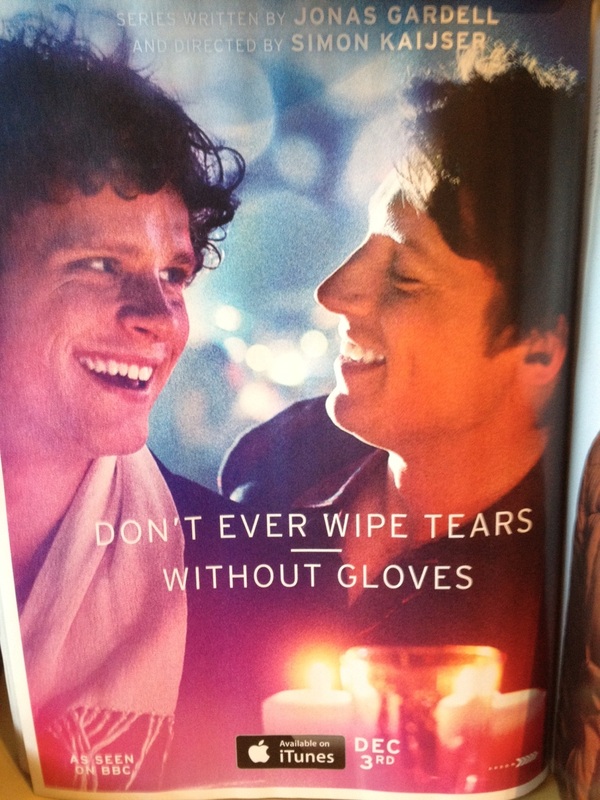I saw this film recently and it completely blew me away: the subject, the performances, the music, the fact that it’s based on a true story. Amazing, or totes amazeballs as we say in Essex.
If you’ve seen Matthew McConaughey in other films, and you think you know what he’s about, you can think again. You know when you see an actor play a part and the real person completely disappears, and only leaves the character? Think Alison Steadman playing Beverley in Abigail’s Party, then Candice Marie in Nuts in May. During both those performances, you can’t see a shred of Alison Steadman, only the character. If you’re not familiar with Ms Steadman’s work, how about Meryl Streep in just about anything she’s done, except Mamma Mia, that’s ineffable. That is what Mr McConaughey does in this film.
SPOILER ALERT
Matthew McConaughey lost 47 lbs – that’s 4 stone or about 25kg depending on your persuasion – to play the part. He is given the diagnosis of being HIV positive, and given thirty days to live. He says 'There ain’t a darned thing can kill Ron Woodroof in thirty days' and he’s right, he lived for another seven years.
I didn’t realise it was Jared Leto, playing the trans woman character Rayon who Woodroof meets in hospital doing a trial of HIV drugs. There’s not a trace of Jared in the character of Rayon, and I was completely convinced by his sympathetic and nuanced portrayal of someone in decline in a number of ways.
I think it’s important that films are made about this topic, straight people and how HIV affects them too. I won’t bang on about it, but I do think it’s impressive that this topic has produced a pretty mainstream film, airing in loads of cinemas across the world.
There’s a wonderful scene outside a gay club with Woodroof goes to a gay nightclub with Rayon to see if the gay men are interested in the medication he’s using to treat his HIV. Rayon walks ahead as Woodroof isn’t sure whether to go into the club or not and she says, ‘C’mon in, it’s a f***ing bore out there.’ And the music inside the club is Follow Me by Amanda Lear – about which I have been obsessing every since.
The best part of this film is watching Ron Woodroof change from a homophobic a***hole, to someone who supports, really likes Rayon. There’s a great scene in a supermarket when one of Woodroof’s friends says hello, and then notices he’s with Rayon, so the friend recoils. Woodroof makes him shake Rayon’s hand, even though Rayon says it’s not necessary. For Woodroof it is essential that his friend treat Rayon like a human being. Woodroof’s attitude towards gay men in general also shifts significantly so his main concern is getting the drugs for their treatment, rather than making money from them.
If you want a satisfying Hollywood film to check out, go and see this one. See it for its performances, for its great storyline, great lines, great music. But I hope you remember it for what Woodroof did in the eighties to support himself and others to live with HIV.
Liam Livings xx

 RSS Feed
RSS Feed
